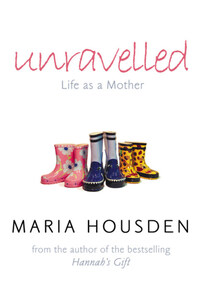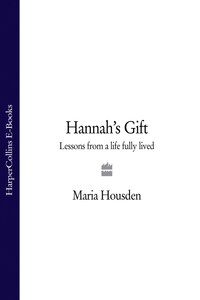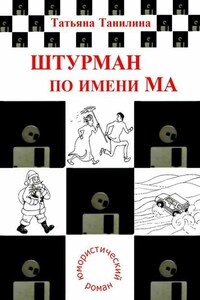I have walked through many lives,
some of them my own,
and I am not who I was,
though, some principle of being
abides, from which I struggle
not to stray…
‘Live in the layers,
not on the litter.’
Though I lack the art
to decipher it,
no doubt the next chapter
in my book of transformations
is already written.
I am not done with my changes.
Stanley Kunitz, ‘The Layers’
“AT THE AGE OF 12, I WROTE THE STORY OF MY LIFE. THE words flowed effortlessly onto the page; I knew everything then.
My sister Diana and I were leaning against the trunk of the maple tree that marked the dividing line between our backyard and the neighbour’s next door. It was early August, a week before my 13th birthday; Diana was two years younger than me. We were bored and sweating in the heat, streaks of dirt creased into the backs of our knees and under our chins. I was wearing the same shorts and t-shirt I had worn the past few days and my canvas tennis shoes, which had been bright white at the beginning of the summer, were now scuffed and grey. Diana drew circles with a stick in the dirt and I waved half-heartedly at our younger sister and brother who were riding their bikes up and down the alley with a pack of neighbourhood kids, whooping and hollering each time they passed.
The two of us sat in the middle of a circle of limp white string that was tied to the wooden stakes our father had erected in an attempt to keep us off the grass he was trying to grow in the only shady part of the yard. Our father was nothing if not disciplined and persistent. Working long hours as a janitorial supply salesman during the week and as a member of the Air Force Reserves on weekends, his scant bit of free time was spent seeding and reseeding patches of dirt. Even so, our yard was mostly dusty sand, a constant parade of bicycles and endless games of ‘kick the can’ crushing any hope of lawn taking root.
Our house was one of the smallest on the block. It was painted grey on one side, white on the other. Years ago, someone had started painting it and never finished. My parents rented it from Mr Nyland, a stocky, good-humoured man who lived in a bigger house across the street with his wife and teenaged kids. Our neighbourhood was a mid-western mix of hard-working middle-class families and those who were significantly less hard working. The most scandalous thing to happen so far that year, besides the juvenile detention of the boy next door for ‘borrowing’ his aunt’s car, was the impending divorce of my friend Anne’s parents. Her father, a doctor, had been having an affair with one of his nurses. All the mothers in the neighbourhood spoke in hushed whispers about it. Nothing was said to us kids.
‘I’m bored,’ Diana said, flinging her stick across the yard.
I tipped my head back and squinted into the sun.
‘Boring is what summer is,’ I said. ‘At least until we’re grown-ups,’ I added, thinking about our mother who was inside the house, stretched out on the couch in front of the fan, a cool washcloth folded neatly over her forehead. ‘When we’re grown-ups, we’ll be able to do anything we want.’
‘Yeah, as long as we don’t die of boredom first. My butt’s even falling asleep,’ Diana said.
‘Wait here,’ I said, standing up and brushing off the back of my shorts. ‘I have an idea.’
I was careful to be quiet as I let myself in the house. Mom didn’t like us kids traipsing in and out, banging the bent screen door. I tiptoed upstairs to my dad’s office, which was set up in the corner of my parent’s bedroom, just down the hall from my brother’s room and the one we three girls shared. I opened the bottom drawer of my dad’s desk and lifted a stack of blank, white typing paper out of the folder in the back. I found two pencil stubs in the pencil holder my brother had made the previous Christmas out of an empty soup can and pieces of felt.
Diana was still sitting in the shady ‘no man’s land’ when I returned.
‘Here’s what we’re going to do,’ I said, handing half the paper and a pencil to her. ‘We’re going to write letters to each other as if we’re already grown up. You tell me about your life, and I’ll tell you about mine.’









